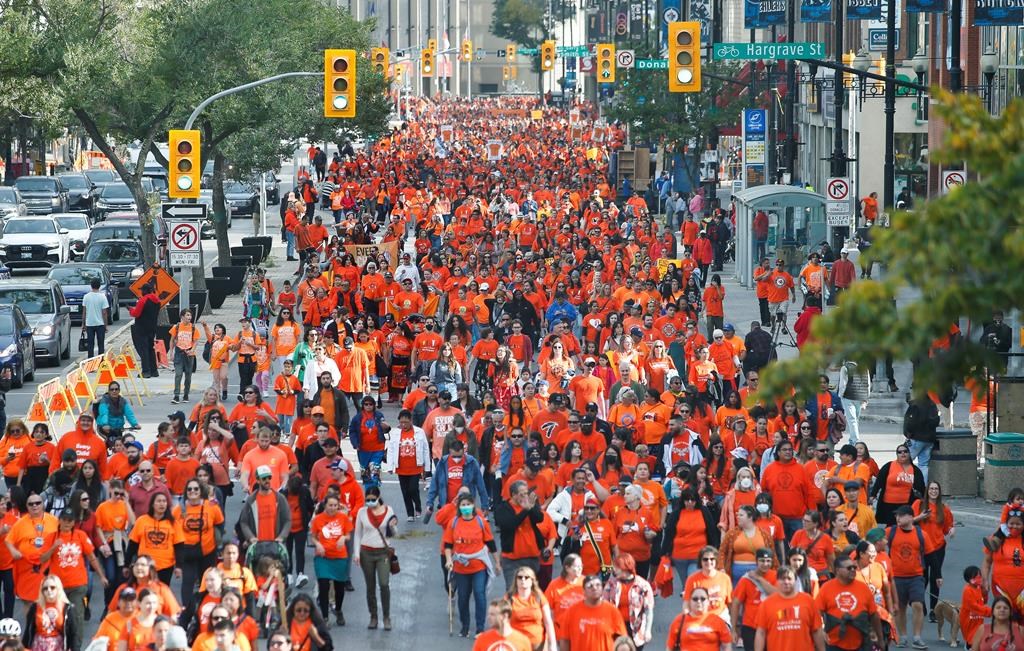On the coattails of CN Rail’s entire Indigenous advisory board handing in its resignation over concern that continuing their work would “mislead Indigenous Peoples as to CN’s sincerity and authenticity to reconcile,” new research suggests Indigenous people still don’t think Canada is making progress on a number of reconciliation-based priorities.

The report, the Canadian Reconciliation Barometer, measured Canada’s progress on its journey towards reconciliation in 2022.
“It’s important for us to be able to continue to track and monitor progress toward reconciliation because it’s not something that is necessarily guaranteed,” said Aleah Fontaine, one of the analysts and co-writers of the report. “Reconciliation is a journey that isn’t going to be a completely linear process.
“Something like a barometer can help us track all of these different areas and highlight where we’re doing well and areas that need some extra attention and care.”
The report was developed with data from a Leger poll conducted in August of last year that surveyed 3,174 people (1,034 Indigenous and 2,140 non-Indigenous people) in six different regions across the country.

This is the second iteration of the report, the first coming out in 2022 with data from the previous year.
Among the many findings, this year’s barometer revealed that while Canadians continue to have a better understanding of the harm government policies — like residential schools — have caused Indigenous people, reconciliation is still a work in progress.
“Reconciliation really is a journey that’s going to take us a long time to see huge changes,” said Fontaine.
One of the indicators looked at in the report is apologies, and Fontaine was surprised to not see much movement in the numbers.
“Are people in Canada, Indigenous and non-Indigenous people, feeling like the groups that have caused harm have given apologies that are meaningful? And I thought that perhaps we might see a little bit of movement on that indicator just given the Pope’s apology. But we didn’t,” she explained.
The only shift was from Indigenous respondents in the Prairies who were slightly more satisfied while in Québec, the opposite happened: Indigenous respondents felt more negatively.

The barometer provides annual touchpoints, places to reflect and see what areas might need special attention, explains Fontaine.
“The area that I see where work is still really needed concerns personal equality,” she said. “This is the area that both Indigenous and non-Indigenous people see as the worst.
“We don’t see equality in areas like individual mental and physical health or education, financial security or job or promotion opportunities — anybody who has any sort of ability to take steps to close some of those gaps would be a really important step to take in actually meaningful progress toward reconciliation.”
Looking for more Indigenous news? Find our stories here.




Comments